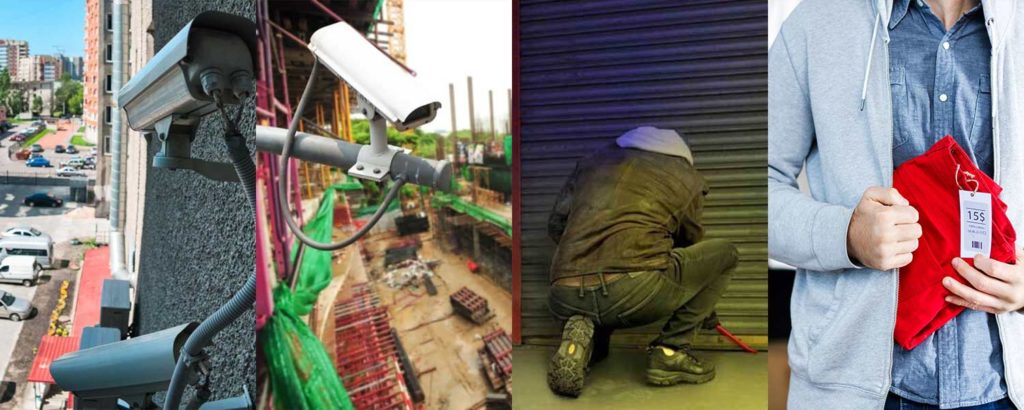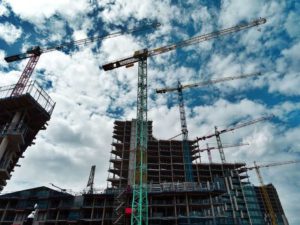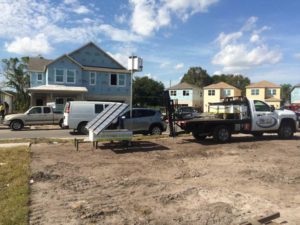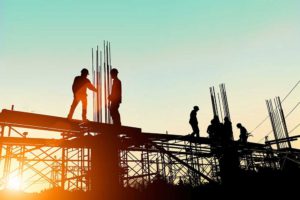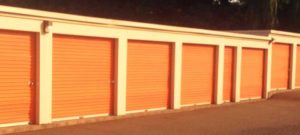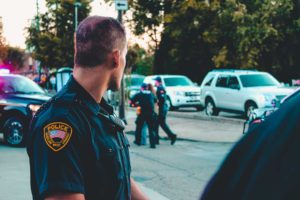Surveillance systems are critical protection for property. They can alert security teams to what’s happening at all points of a property and provide video surveillance footage of criminal activity. Security cameras for a business can even record a workplace injury to support or dispute a worker’s compensation claim.
Here are some of the typical security camera uses that protect a business.
Top Security Camera Uses for Business Hours and Beyond
Many people think of security cameras as only being useful after work, when nobody’s around to watch the shop. However, there are many invaluable security camera uses for business hours as well.
Minimizing Shoplifting and Theft
According to the Electronics n More blog, 64% of small businesses experience employee theft. Across the U.S., small companies lose up to $33,000 every minute to shoplifters. If you operate a retail location, for instance, conducting video surveillance could help deter theft from employees and shoplifters. If employees are busy providing customer service to one customer, it’s easy to miss random theft from another. Business security cameras can alleviate this problem by either deterring crime or helping catch the culprit.
Encouraging Job Safety and Compliance
There are more than 150,000 on-the-job injuries that happen each year in the U.S. When a business lacks video surveillance, these incidents often become a “he said/she said” of conflicting stories about how the injury occurred. Security cameras document the injury incident, which could come in handy later for judging worker’s compensation claims.
These cameras can also spot unsafe practices on a construction job site or a warehouse. This could allow you to head off future on-the-job injuries by talking one-on-one with the worker or retraining an entire team in safety compliance.
We’ve even seen video cameras used effectively to track, alert, and document on-the-job violence, whether it’s between customers, employees, or outsiders. These tools are very important ways to keep your workforce and customers safer when they enter your business.
That being said, property risk escalates after hours – which is when these tools can really pay for themselves.
Top Security Camera Uses for After Hours
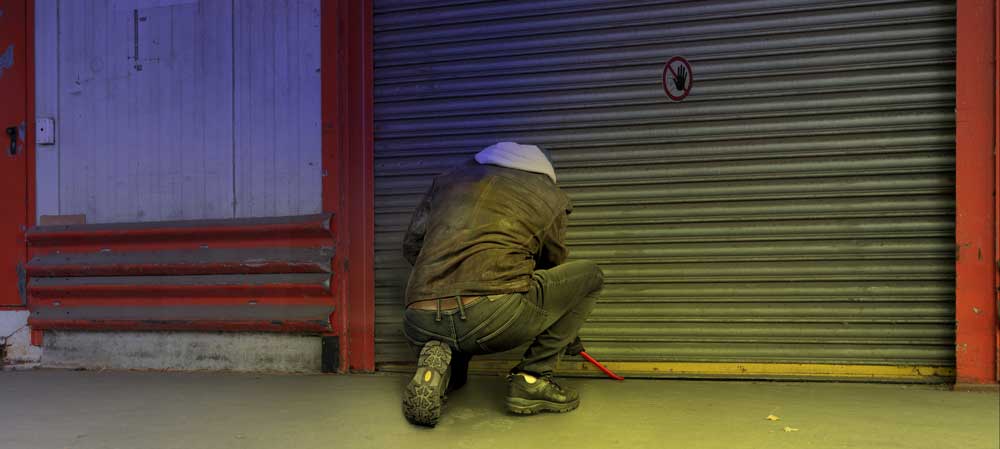
The FBI’s Uniform Crime Reporting (UCR) tracks property crime, including arson and burglary. In 2018, crimes against property in the U.S. cost $16.4 billion. These crimes include trespassing, theft, and vandalism. Thanks in part to the increase in usage of video surveillance, property crime has declined in the last decade. However, without a security system to keep an eye on your property when the business is closed, you are wide open to criminal activity.
Some of the best uses for security cameras in a business after hours include:
-
Protecting against burglary.
Whether the business is a construction site or a manufacturing facility, video surveillance can help.
-
Acting as a deterrent.
According to a survey of real criminals, even a sign that a residence or business has video surveillance can stop a break-in.
-
Actively scaring trespassers off.
Video surveillance is now smart; these cameras can sound an alert when an unauthorized presence enters a geographic area. The cameras will set off an alarm that will scare the trespasser away — while recording everything they’re doing.
-
Dissuading trespassers.
This could range from squatters sleeping in an empty building to kids with spray cans.
-
Protecting large properties.
Cameras can monitor miles of utility pipelines to track large geographic areas.
-
Building a database of evidence.
Recording the activity for a later court admission helps law enforcement with prosecution. Identifying criminals makes it more likely that you recover your stolen property.
-
Saving costs on security.
Video surveillance is less expensive than a human security guard.
-
Covering areas with blind spots.
Some properties, like apartment buildings, warehouses, and parking garages have tons of hard-to-monitor places. Protect even the least-traveled spots, nooks, and crannies of complexes after dark.
-
Offering tools to enforce workplace rules and regulations.
Helping a business achieve compliance if surveillance is legally mandated by a government contract or other rule.
-
Defending against lawsuits.
Video can prove what happened if, for example, someone injures themselves on your property.
-
Monitoring after-hour employees.
Tracking the reliability of any after-hours cleaning or store stocking teams.
-
Track customer experience.
With artificial intelligence, you can track customer behavior to create a more comfortable buying experience. You can even see if people are wearing masks or social distancing.
-
Protect even in the dark.
With thermal imaging, no thief, vandal, or trespasser can hide from Pro-Vigil’s view.
-
Match license plates.
Pro-Vigil’s license plate recognition can give you the proof needed that cars were not damaged while on your property.
-
24/7 visual access.
Even if you can’t be on site, you can still see exactly what is going on at your business. Giving you full visibility of your investments whenever you need it.
Examples of Surveillance in Action
Providing video surveillance for a business can actually give your customers peace of mind, too. For example, if you own a self-service storage business, you probably have customers evaluating the cleanliness and security of the facility. While you don’t want to show them all of your video surveillance, it’s a selling point if your company has state-of-the-art tools to track 24/7 activity.
Another advantage is the ability to meet security compliance rules for vendors or contracts. Many government contracts require physical security of your facilities. This could include the ability to screen visitors through a locked front-door or keeping an eye on loading docks as an obviously vulnerable entry point. If your business is in IT, having a camera on a server room is the minimum-security requirement for government contracting these days.
There are as many security camera uses as there are types of cameras to buy. Fortunately, Pro-Vigil is a leading surveillance expert. We work with companies of all sizes and industries to provide them with the best equipment and more options to protect their investments. We offer you a host of customized options ranging from:
Cloud-connected smart surveillance with artificial intelligence.
Solar-powered tamper-proof cellular-connected surveillance for remote locations.
Remote live security guards that can monitor multiple properties in real-time.

